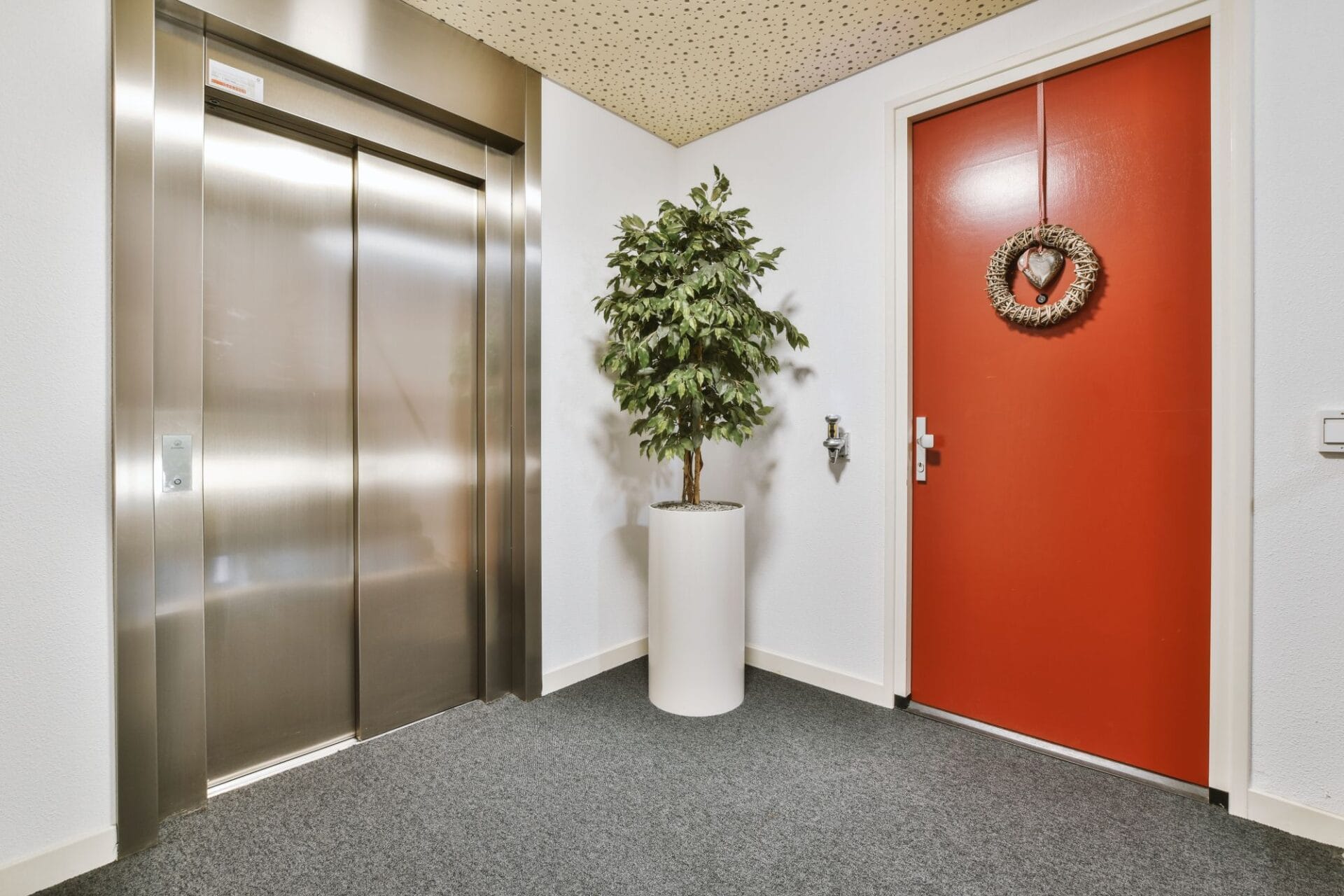A good manager is an invaluable asset to a condo or HOA community. Property managers, sometimes referred to as community association managers (CAMs), are responsible for supporting day-to-day operations. But their roles can vary greatly depending on the company they work for, as well as the association they care for.
Some smaller communities may simply need a helping hand with finances, while larger associations want a small team to look after communications, events, and maintenance. Property management companies are becoming increasingly flexible and may offer custom packages in order to serve the evolving needs of boards and residents.
We’ll take a closer look at the different types of property managers available to assist and elevate communities.
Volunteer manager
Some managers do work as volunteers. Often, this means that one or two directors from the board are taking on more responsibility and sharing manager duties. This can work for small communities, but the person (or people) taking on this role must be familiar with community operations and financial management. It also helps if they are familiar with common legal matters that frequently impact condos or HOAs.
Financial manager
There are managers who specialize in financial work. These managers will:
- Develop an understanding of the association’s financial position
- Create financial reports
- Monitor the budget and forecast revenue and expenses
- Manage accounts payable to ensure invoices are processed correctly
- Implement and manage a professional and effective assessment collection policy that adheres to the association’s documents
A financial manager may not visit the property since this work can often be done online. Some accountants will also offer financial management services.
Associations that can’t afford a full property management package, or don’t have a financial expert on the board, may find immense value in hiring a financial manager.
Property manager
This is what most people think of when they hear the words “property manager.” These professionals are tasked with the responsibility of maintaining the value of the community, caring for residents, communicating with and updating the board, and much more. Property managers may be responsible for some or all of the following:
- Coordinating communications with board members
- Taking minutes
- Compiling to-do lists and action items for board members and staff
- Getting answers from the board to owners/residents
- Providing a high level of customer service to owners/residents
- Documenting and maintaining records
- Creating financial reports
- Monitoring the budget and forecasting revenue and expenses
- Reviewing policies and making recommendations for policy generation and implementation
- Collecting assessments
- Implementing a preventative maintenance schedule
- Overseeing amenity operations
- Assisting the board to find viable insurance, helping to prepare applications
- Ensuring vendor contracts are appropriate, competitive and comprehensive
- Completing projects on time and within budget
Property management, when coupled with financial management, is considered “full management.” Some associations may hire two companies; one to oversee the financial items, and another to oversee everything else. However, that could end up costing the association more money (it’s often cheaper to bundle services), and boards must work with more people.
Offsite versus onsite manager
Offsite management means the manager is working at their management office or from home. Onsite management means the manager is physically at the condo or HOA community. The latter option is more expensive, but onsite managers are able to provide a higher level of service because they can have in-person conversations or inspect problems immediately.

Portfolio versus general manager
Portfolio managers care for multiple associations at the same time, while general managers care for just one property. Portfolio managers are more affordable, but associations should ask about how many properties the manager is expected to attend to. A very low management fee may mean that you won’t be seeing too much of the manager.
Inhouse manager
This is a bit different than an onsite manager. Large associations tend to prefer having their manager and staff work as direct employees. This gives the association more control over management (and generally costs less than hiring a manager from a company). The drawback is that the association must find, screen, and supervise the manager. It must also handle personal or professional issues that may come up.
How does an association know what services a manager will offer?
The best way to figure out what services a manager or management company will provide is to have a conversation with them. List all of the association’s requirements and expectations, and see if the company is willing and able to provide the level of service you need.
Different management companies have different rules, and some will not do specific things. For example, there are companies that won’t oversee extensive remodeling or refinance properties, no matter how much you are willing to pay them.
When preparing to hire a manager, both the association and the manager or company will need to sign a property management agreement contract. The contract, which is legally binding, clearly states the obligations and expectations of each party.
Always have a lawyer look over this type of contract before the association enters into the agreement.
What about costs?
The costs for services will also be included in the contract. A contract should clearly state what services the property management company or manager will provide, and how much those services cost.
Look over the fee structure and ask questions if something isn’t clear. In many cases, a company will offer a standard set of services, and charge extra for other popular services.
Be cautious about making decisions based on cost alone. Management companies that charge a lower standard fee may end up costing the association more in the long run since they often provide fewer standard services.
Selecting the right option for your association
Making a selection is always a bit tough; it’s impossible to know for sure that you’re making the right choice. However, there are things the association can do to ensure they aren’t making a poor choice.
Ask lots of questions when talking to prospects. You can ask for references, ask about past experiences, ask what makes them different from other companies, and ask them how they might solve a difficult situation.
Make use of references. Ask current or former clients what they liked about the manager, and if there were any issues you should be aware of.
Make sure the company has the right tools. Property management software can drastically improve communications and efficiencies for the entire community. A system like Condo Control makes it easier for boards, managers and staff to collaborate and share important information.
And finally, is the manager someone you could see yourself working with? Even if they offer the services you need, it will be challenging to be productive if you believe you’ll have trouble working together as a team.
Conclusion
Property managers take care of the more tedious (but essential) tasks so that board members can focus on “big picture” items. Skilled managers can help to maintain or even increase property values, and resolve some of the long-standing issues that have plagued boards or residents. They add immense value and are well worth the investment.























